MORE SUSTAINABLE AND RESPONSIBLE PRODUCTS
Our sector is facing major environmental challenges with regard to raw materials and the impact of product manufacturing. This is why we have decided to do our part in this major transition by working on our entire value chain. We have identified our main environmental impacts to reduce them. And we have set ourselves ambitious goals to try and evolve all aspects.
RESPONSIBLE MATERIALS

SOURCING RESPONSIBLE MATERIALS
At IDKIDS, we have set ourselves objectives that are directly related to our core business, such as committing to the use of organically grown cotton or recycled materials such as polyester, the main raw materials for children’s clothing.
At Oxybul, whenever possible, we choose to design toys in wood – always from sustainably managed forests – and to use water-based paints. We have also decided to make the manufacturing of our products clearer to our consumers. Material, country of manufacture, quality labels: we explain the origin and properties of our products. This all takes time. We work on it every day with our teams, in collaboration with our stakeholders (suppliers, NGOs…) to progress.

OBJECTIVE: BY 2025, SUPPLY ALL OUR BRANDS WITH MORE RESPONSIBLE COTTON
For Okaïdi, the ambition is for products to be made from 100% organically grown cotton fibres or recycled cotton fibres by 2025.
Where are we in 2020?
- 100% of Okaïdi-Obaïbi’s T-shirts, bodysuits and pyjamas are already made of organically grown cotton,
- 57% of Okaïdi jeans are produced from an eco-responsible material,
- 20% of the products in Jacadi’s Summer 2020 collection were made from organically grown cotton fibre.
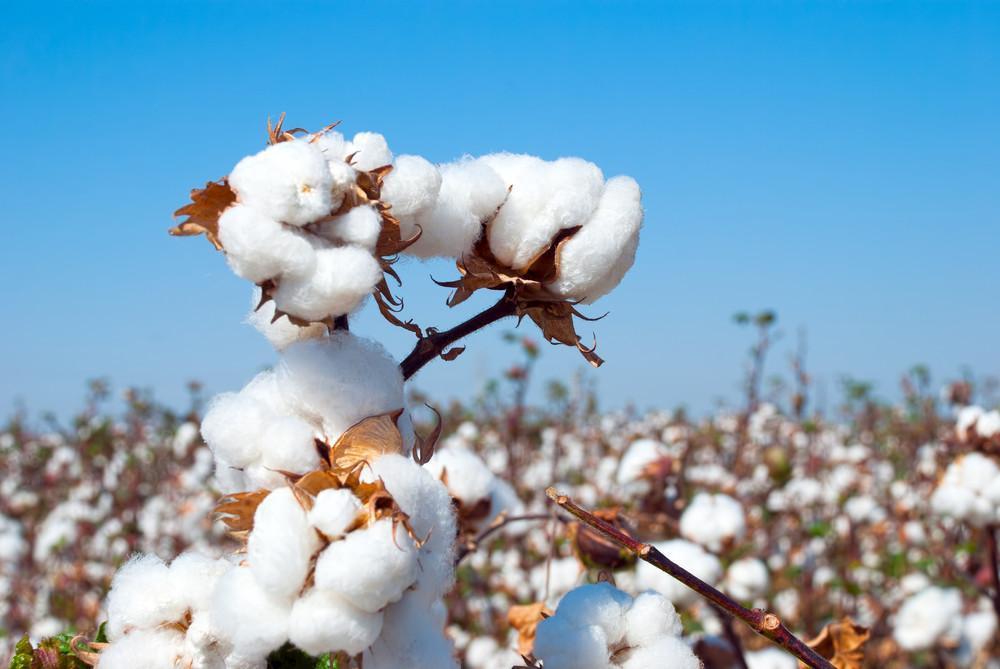
USING ORGANICALLY-GROWN COTTON: UNDENIABLE INTEREST AND BENEFITS
GMO-free and free of substances that are harmful to humans, growing so-called “organic” cotton is less polluting and does not place soil under the same strain as conventional methods. It improves soil fertility and biodiversity. From a social point of view, organic cotton farming guarantees a better income for small producers. The traceability of the chain allows for more longer and better quality relationships with buyers.
The challenges are many, but they are beneficial in the long run. They are based on the quality of the relationship with our partners, existing or yet to be found. For example, Jacadi in 2019 made it possible for two suppliers in Vietnam to obtain the “organically grown cotton” certification.

EXPLORE OTHER AVENUES FOR RESPONSIBLE COTTON
In addition to our responsible sourcing choices, after 3 years of effort, our R&D programme, undertaken with the CETI (European Center for Innovative Textiles), has resulted in the development of a manufacturing process for recycled cotton made from end-of-life cotton garments mixing 40% organic cotton fibres with 60% recycled cotton from old garments that are sorted, unravelled and then rewoven to make a new regenerated material.

CONTRIBUTE TO THE PROGRESS OF THE ENTIRE TEXTILE INDUSTRY
The IDKIDS group is a member of the Comité Stratégique de Filière (Strategic Committee of the sector) in order to contribute to the progress of the whole sector.
It has 19 contributing companies that carry out 3 actions:
- contributing to the development of an international standard for the responsible textile sector with the European Union and the UN,
- conducting 3 specific pilots on traceability: flax sector, promotion of French know-how, promotion of responsible products,
- developing a traceability governance system.
"By bringing together players from such diverse backgrounds as fast-fashion, luxury, fashion brands and manufacturers, we were able to broaden and extend the debates and unite our entire ecosystem around a common action plan. The fruit of this innovative approach will benefit the entire industry in terms of traceability."
TIMELESS PRODUCTS
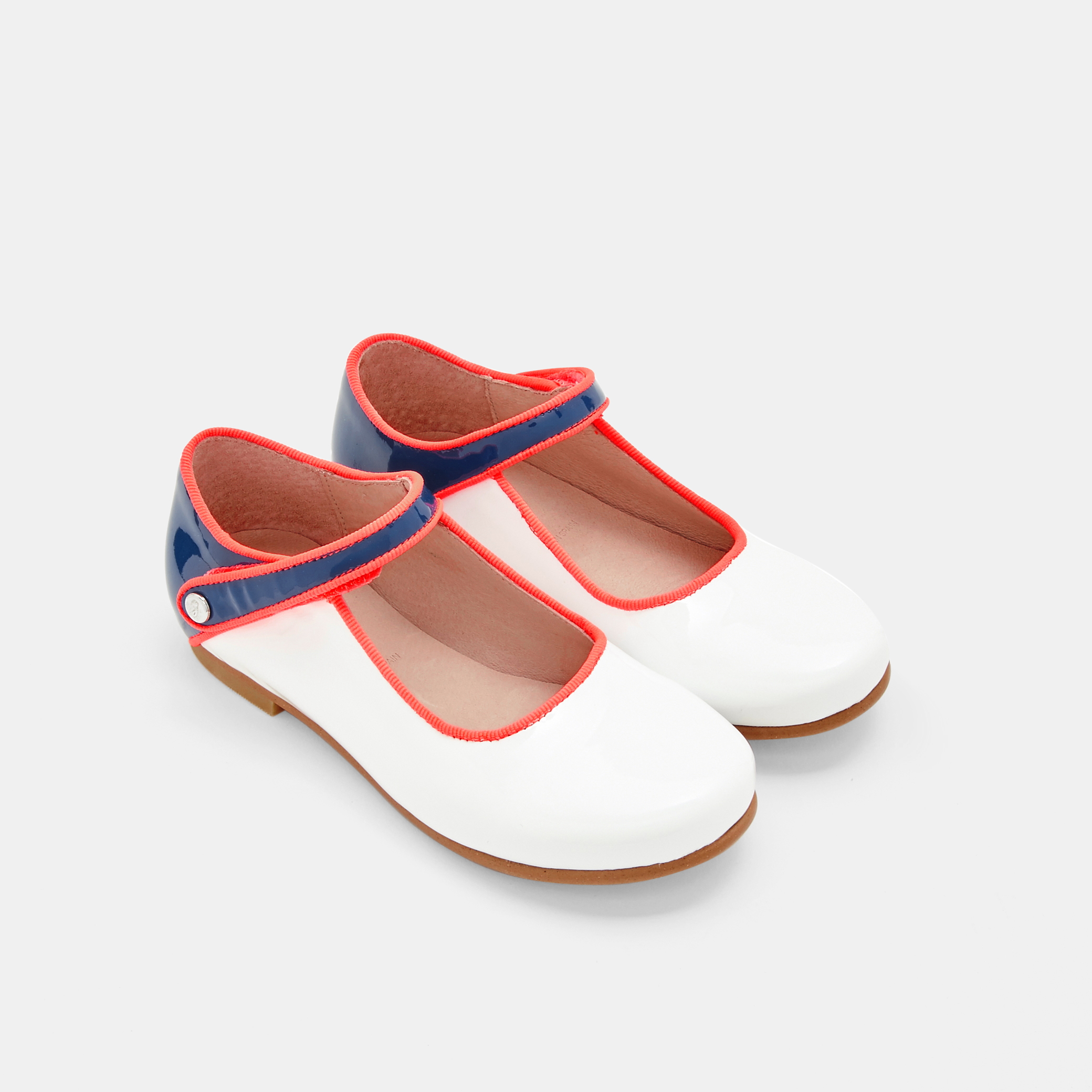
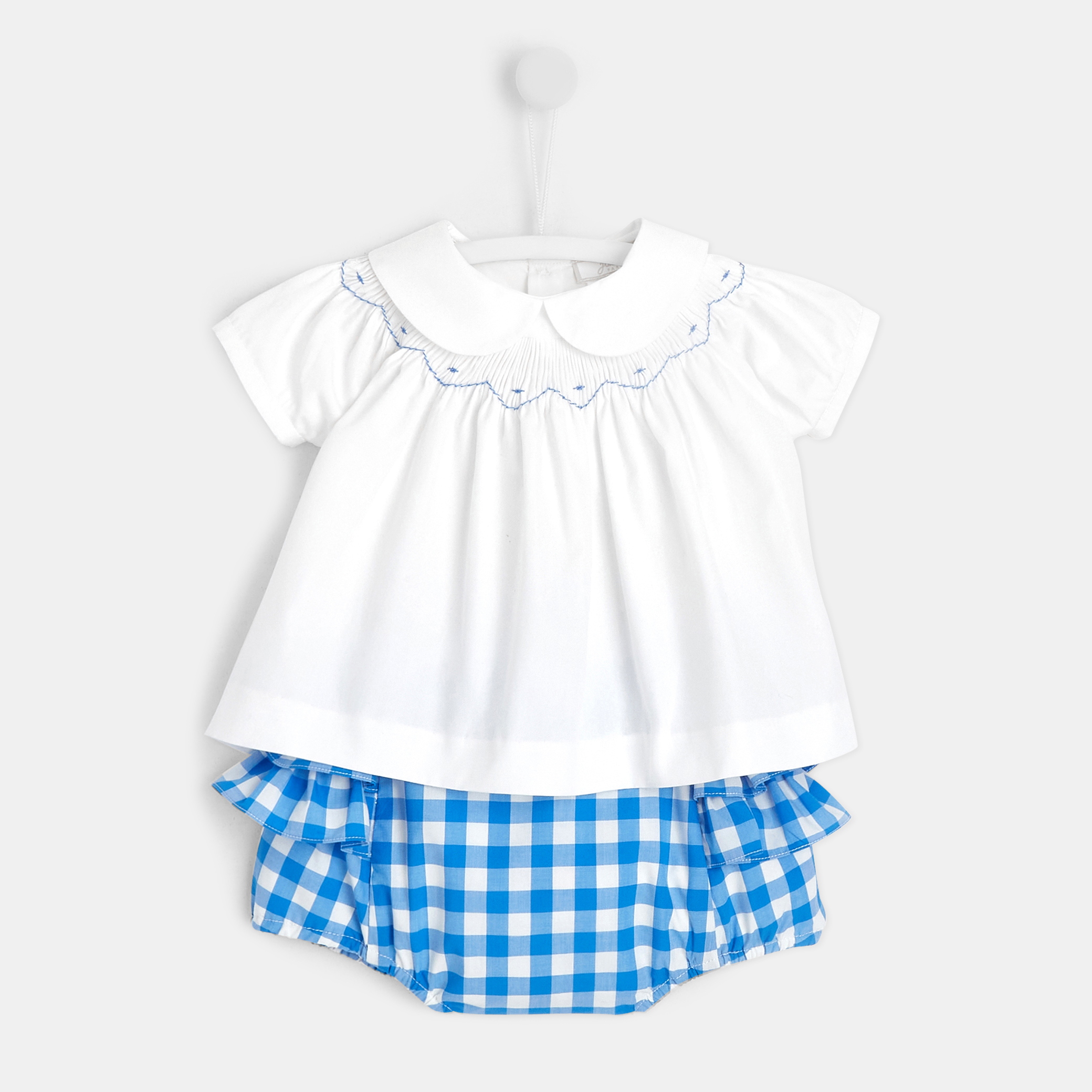
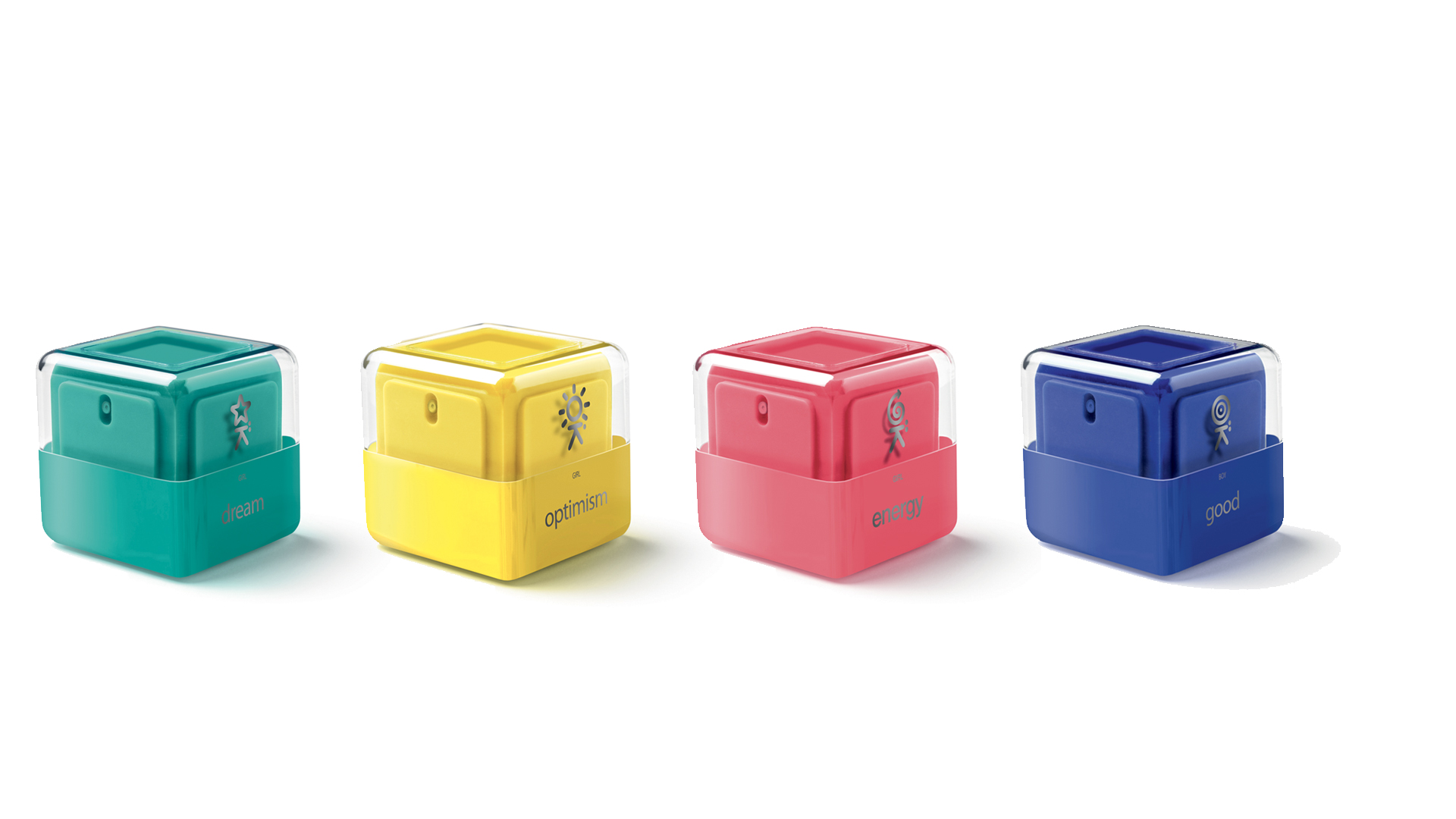
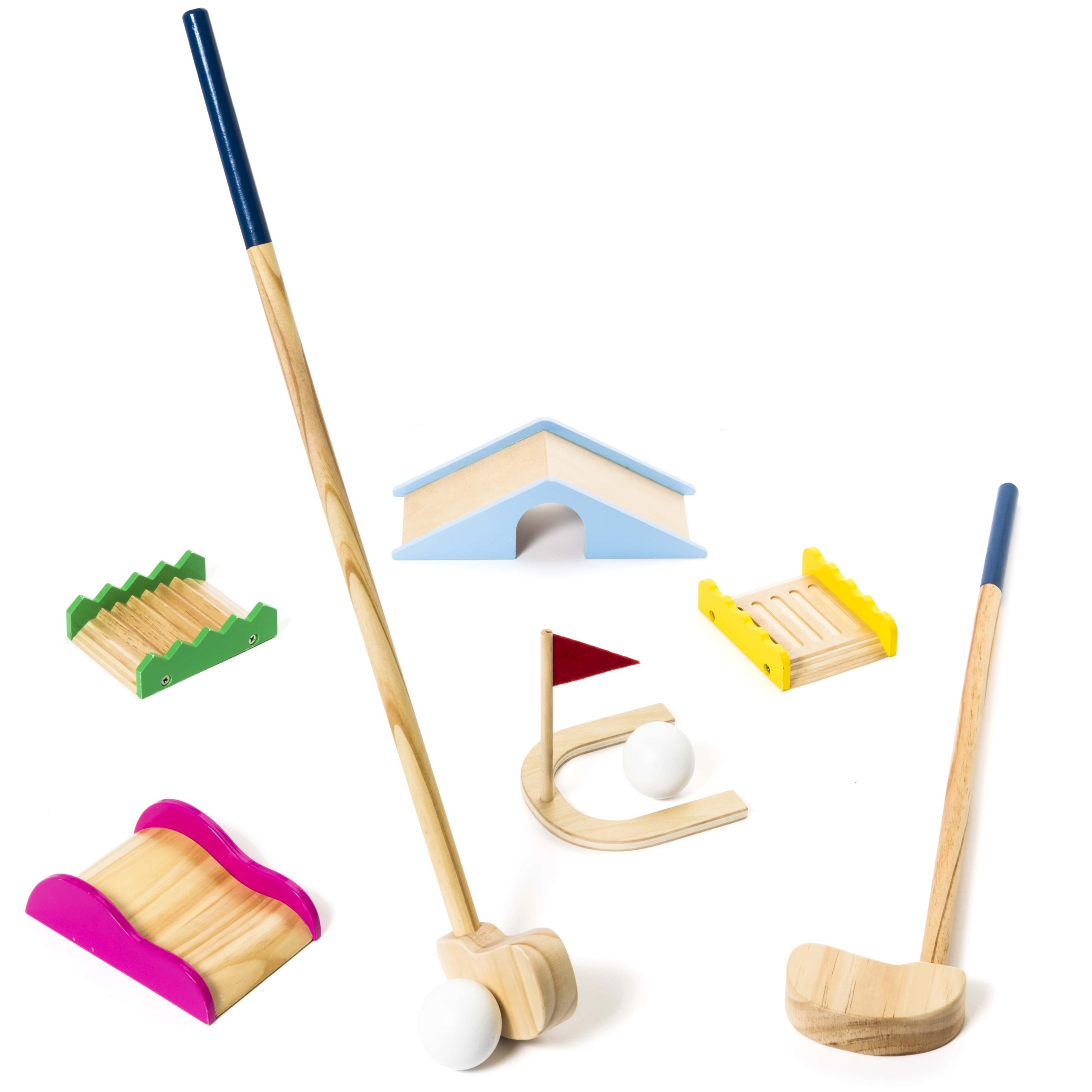
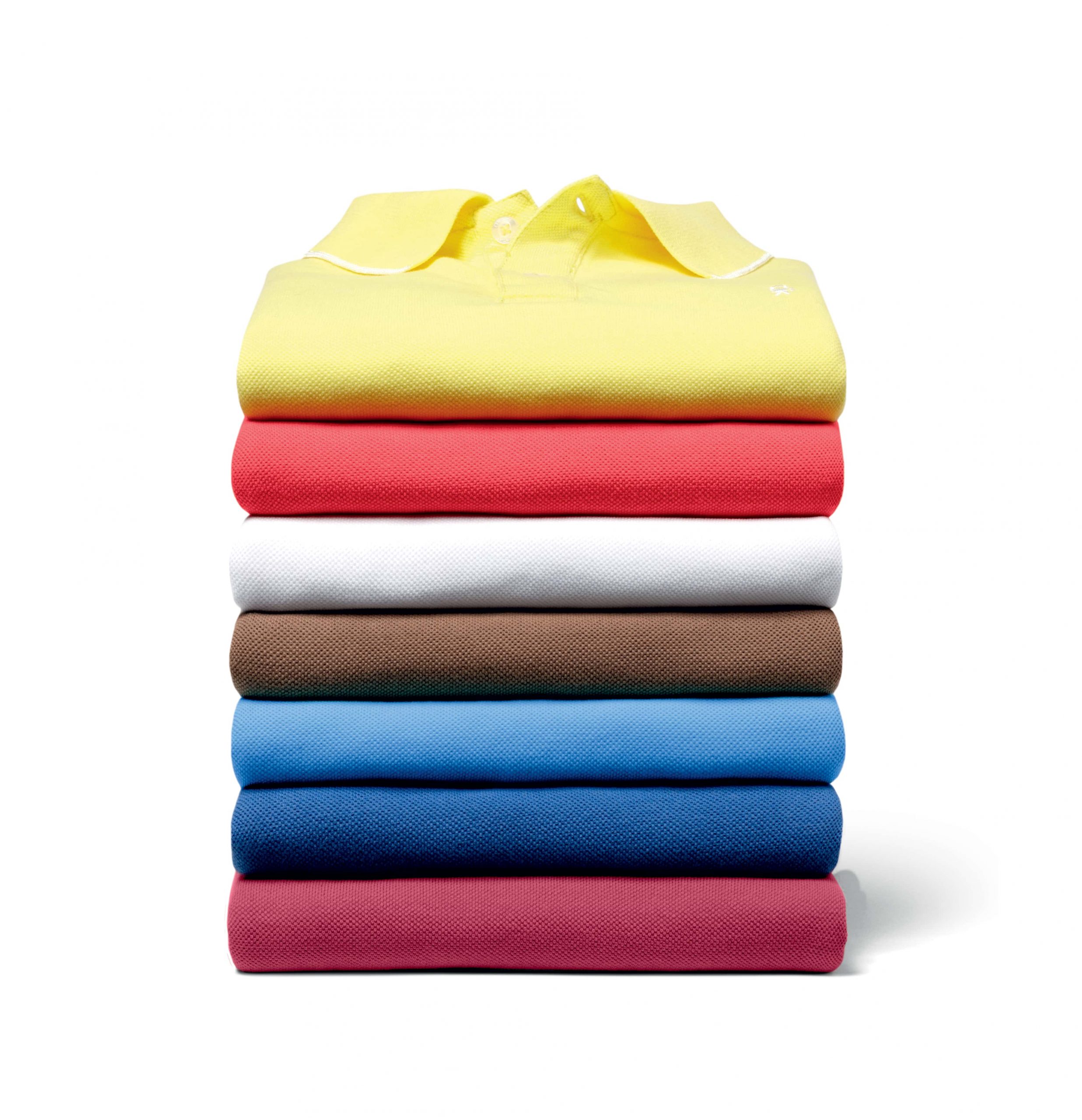
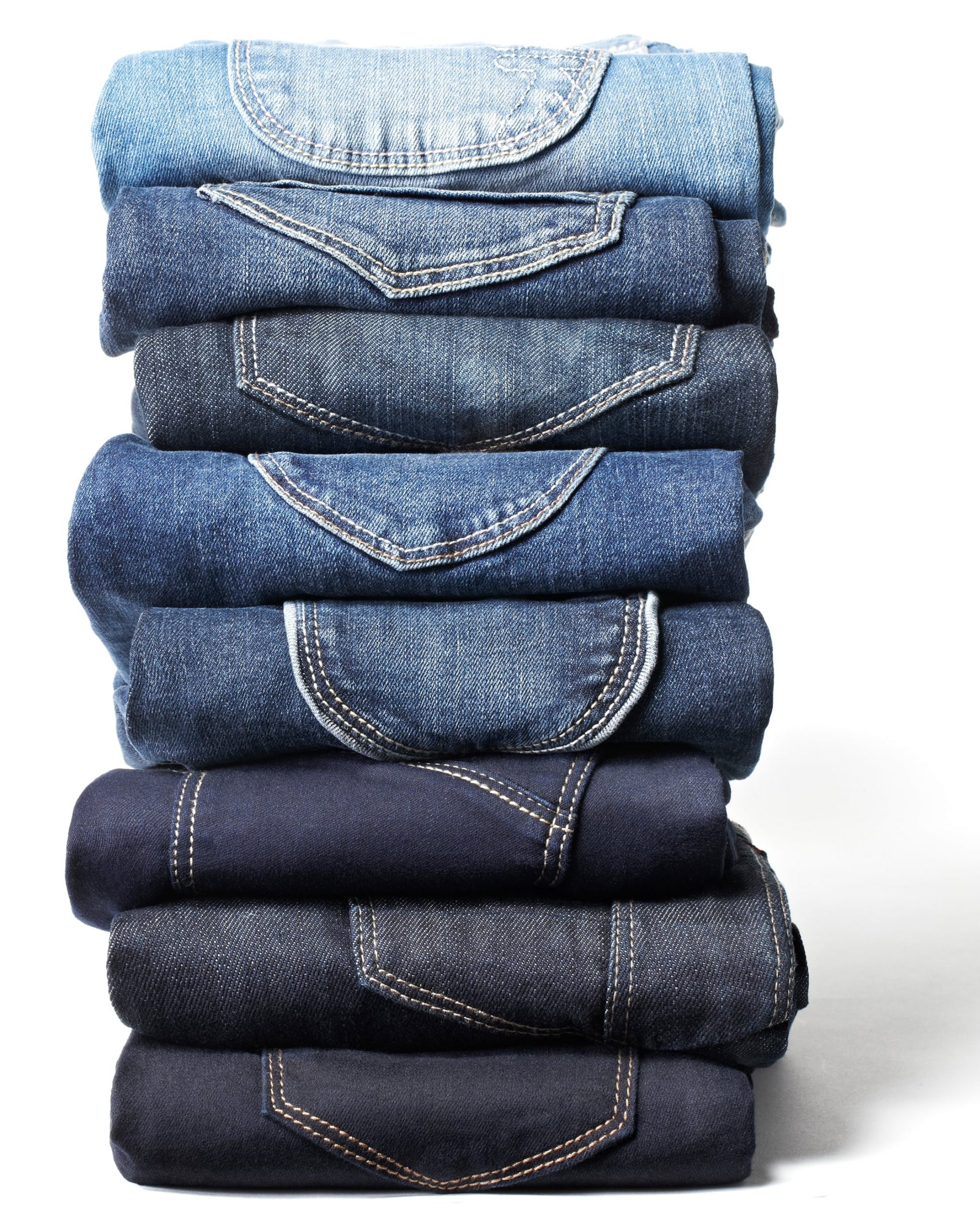
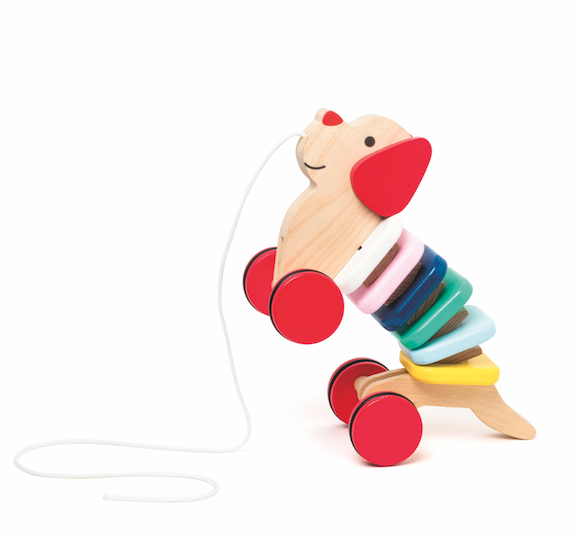
DESIGN PRODUCTS THAT DON4T GO OUT OF STYLE
Sustainable design for IDKIDS brands means first and foremost offering products with a contemporary design, which can withstand time, cultures and fashions, and be passed on from generation to generation.
To do this, Okaïdi, Obaïbi, Jacadi and Oxybul are revisiting products and markers that are part of our collective memory: the 5-pocket jeans and the tunic dress on the textile side, and snakes and ladders or happy families on the toy side…
RESPONSIBLE PRODUCTION
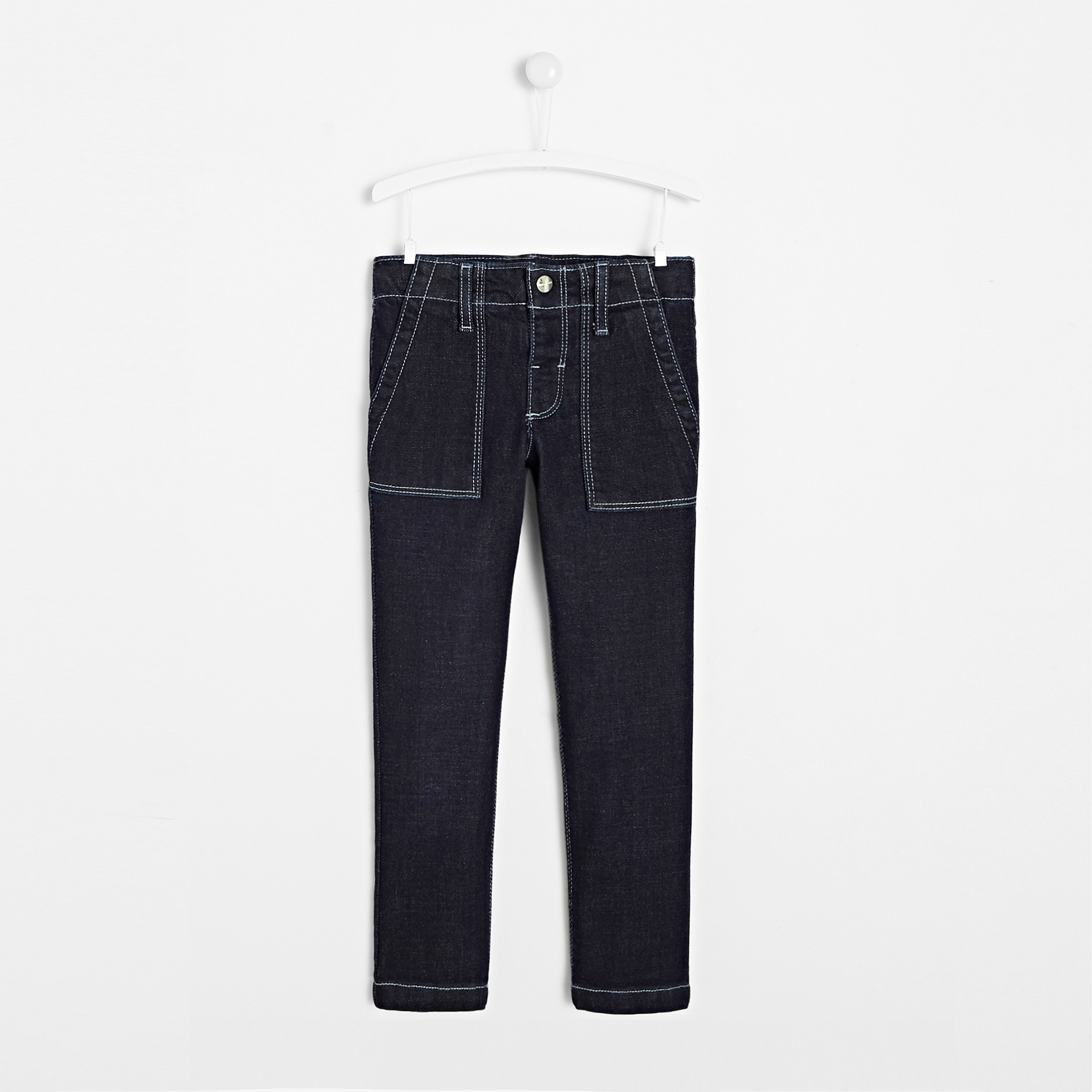
ACTION ON DENIM, AN ESSENTIAL MATERIAL
A must-have for children’s clothing, denim products are also particularly polluting. The manufacture of denim requires a high consumption of water and chemicals used for dyeing and washing. Jacadi has decided to offer a “water saving” pair of jeans, manufactured through a process controlled by Ecocert.
This range, which in 2020 represents 40% of the jeans manufactured by Jacadi:
- uses recycled and/or responsible raw materials,
- selects bleaching or dyeing products that are not toxic for the environment, especially for aquatic organisms,
- finally, this dyeing and bleaching process reduces water consumption by 60% throughout the denim manufacturing process.
Jacadi’s ambition is to produce 100% ecological denim. At Okaïdi, in 2020, 57% of the jeans are made of eco-friendly denim.
PERFORM NUMEROUS QUALITY TESTS
The first of our responsibilities is child safety. This is why our brands have more than 14,000 tests carried out each year by external independent laboratories. We are committed to ensuring that each of our products complies with the regulations in force. When these differ from one country to another, we always follow the strictest one.
These tests take place throughout the production process: in pre-production, to evaluate each new prototype, during manufacturing, during production at our suppliers, and by our internal teams in our own logistics warehouses.
Our concern is to offer the best quality / style / price ratio for each product, as this is essential to ensuring their durability. Textiles are therefore analyzed on the basis of their resistance to washing, rubbing and button-pulling. The toys undergo shock, tensile and torsion tests for mechanical compliance, as well as chemical and flammability tests.